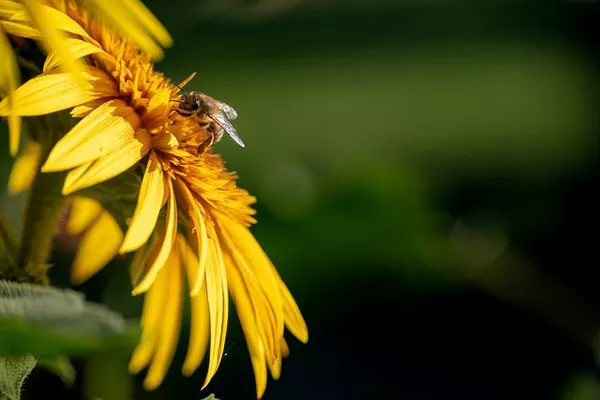A recent study conducted by scientists at the CNRS and the University of Montpellier reveals a concerning trend among flowering plants in farmland, indicating a shift away from reliance on insect pollinators for reproduction. The findings, published in the journal New Phytologist, suggest that in response to the dwindling population of pollinating insects, these plants are adapting by evolving towards self-fertilization.
To investigate this phenomenon, the research team compared present-day field pansies in the Paris region with specimens grown from seeds collected between 1992 and 2001. The results showed that contemporary flowers are experiencing a notable evolution—they are 10% smaller, produce 20% less nectar, and attract fewer pollinators than their counterparts from past decades.
The decline in pollinator populations across Europe is believed to be the driving force behind this rapid evolution. A related study in Germany found that over the last thirty years, more than 75% of the biomass of flying insects has disappeared from protected areas.
The research identifies a troubling cycle wherein the reduction in pollinators leads to a decrease in nectar production by flowers, potentially exacerbating the decline of these essential insects. This highlights the urgency of implementing measures to counteract this phenomenon promptly. Preserving the intricate interactions between plants and pollinators, which have endured for millions of years, is crucial for maintaining biodiversity and ecosystem stability.


